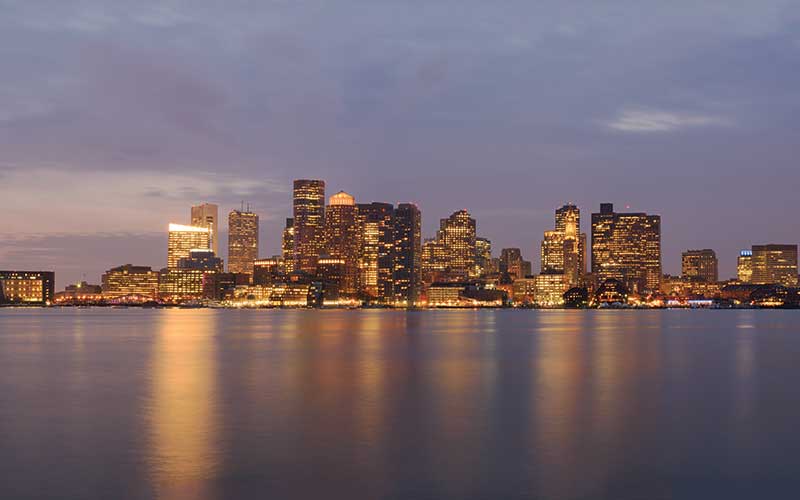
Photo: Eric Kilby via Creative Commons 2.0
September 5, 2019 (BOSTON, MA) – Which redevelopment projects will play the biggest role in shaping Boston’s future? How will these sites prepare for climate change, help manage our housing and transportation crises, and enhance the public’s access to the water? Conservation Law Foundation (CLF) answers these questions and more in its Properties to Watch list, released today.
“Boston’s redevelopment boom is an opportunity for the city to finally get this right,” said Deanna Moran, Director of Environmental Planning at CLF. “Our leaders must learn from mistakes in places like the Seaport and commit to climate-smart and equitable development from here on out. Transportation access and public open space cannot be afterthoughts any longer.”
Waterfront development in Boston is thriving. Many properties that are currently under construction or slated for redevelopment will have significant implications for the city and its residents. For each site, CLF has detailed both the challenges and the opportunities that the properties are facing, including those related to housing, transportation, climate, and public access.
The sites on the list include projects across Boston’s waterfront, like Suffolk Downs, the Harbor Garage, Hook Wharf and the Gillette site.
Suffolk Downs, in particular, is an opportunity for the city of Boston to apply lessons learned from the development of the Seaport District. The 161-acre project is one of the largest redevelopment sites in the Northeast.
Several of the properties are also subject to the state’s Public Waterfront Act (Chapter 91), which protects the public’s right to access the waterfront and sets legal obligations for public benefits in conjunction with redevelopment on tidelands.
CLF experts are available for comment.
###
